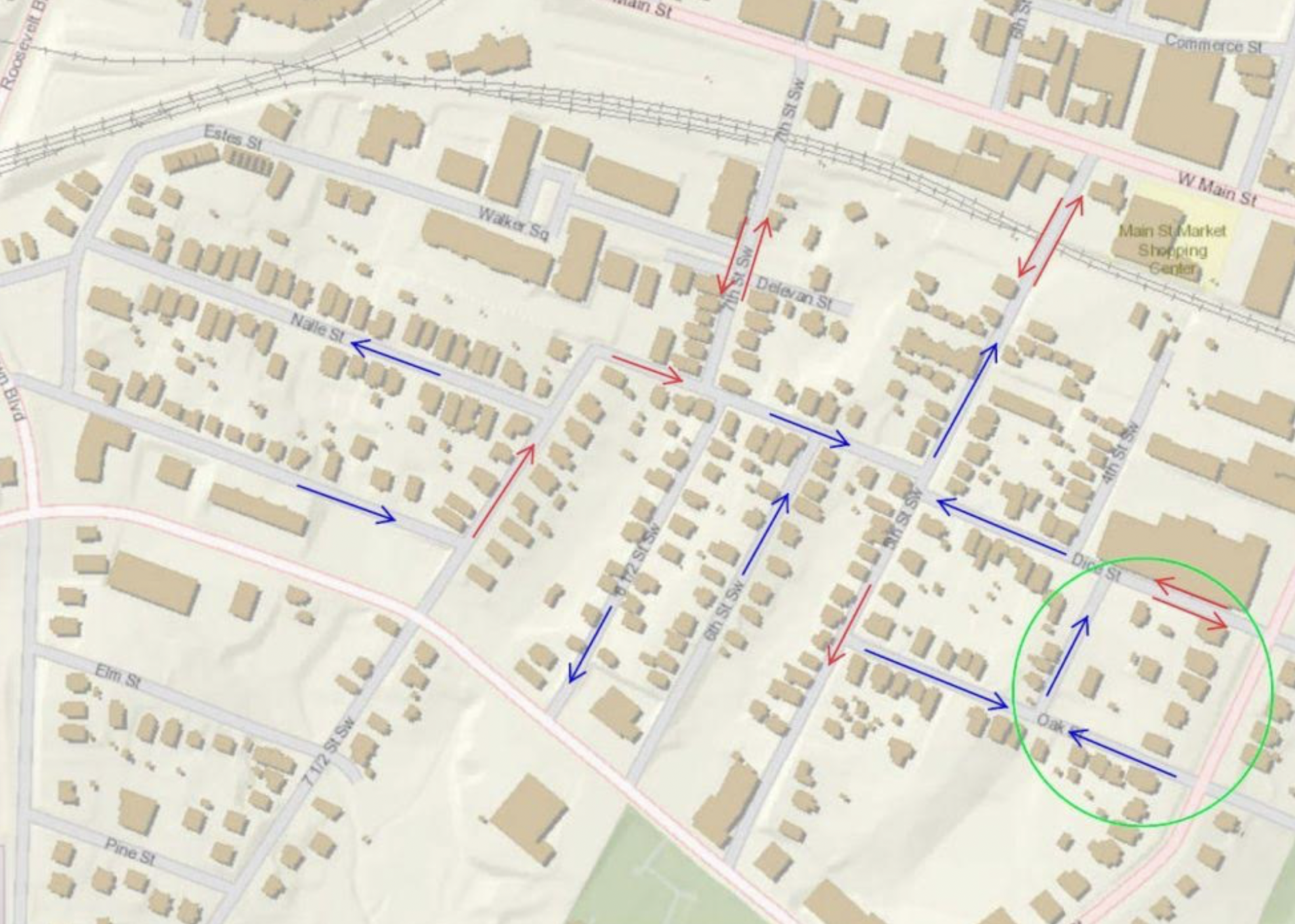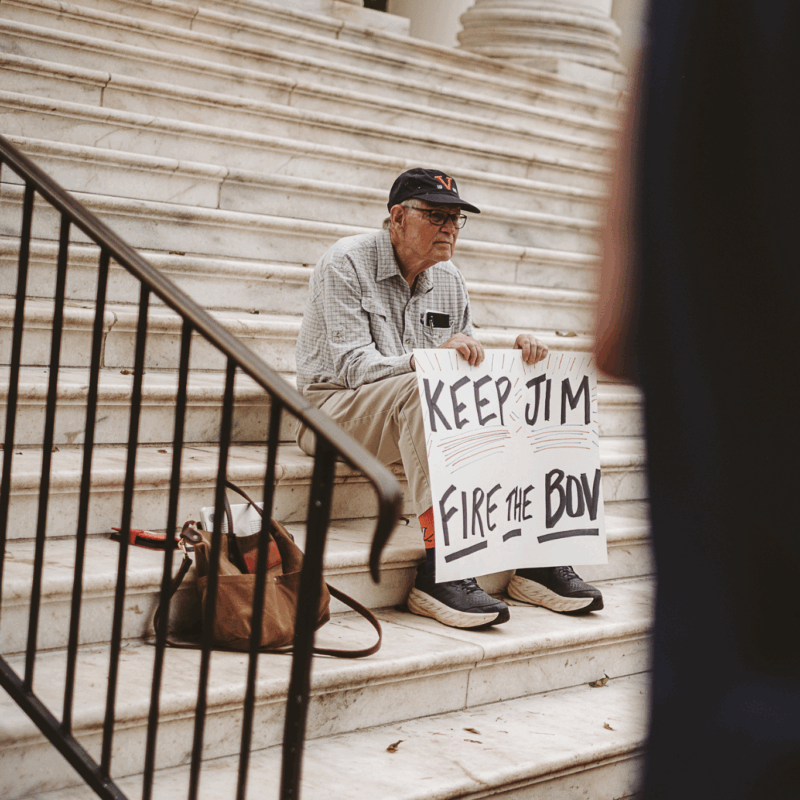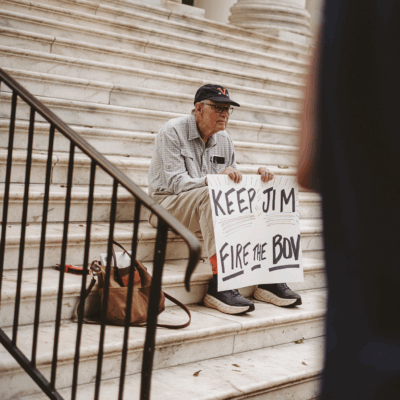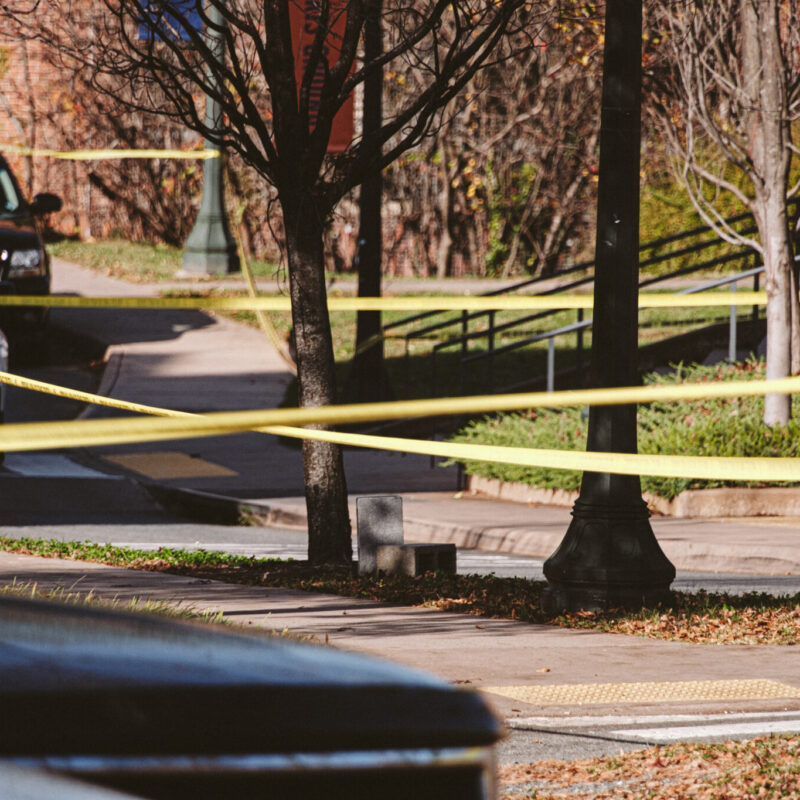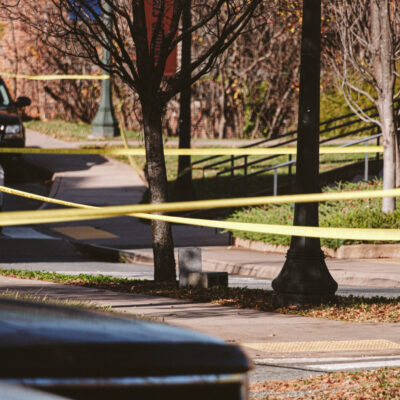The primary goal of Charlottesville’s new zoning code is to increase the number of places for people to live within city limits. Along with that comes initiatives to make adjustments to city streets that makes them safer for all who use them.
After a woman was killed crossing Elliott Avenue at dusk in early October 2024, the city’s Public Works Department was tasked with making dozens of “quick-build” projects that change traffic configuration using low-cost methods.
One of the 67 projects listed on the city’s website, “Fifeville One-Way Streets,” is on the list due to previous community engagement efforts.
The northern section of the Fifeville neighborhood is in between West Main Street and Cherry Avenue, with vehicular traffic on many streets flowing in one direction. A small area plan adopted by City Council in March 2021 identified cut-through traffic as an issue that would get worse as the area continues to grow.
“Residents do not see a plan for how to cope with the added traffic from new construction,” reads page 47 of the plan.
To get efforts moving, the Fifeville Neighborhood Association and Woodard Properties commissioned a survey seeking further input. Residents complained of cut-through traffic, dangerous intersections, and cars going the wrong way.
In June 2024, the city unveiled a proposal that includes reversing the flow of traffic on some streets and converting others to one-way. Several on-street parking spaces would be eliminated. The project was added to the quick-build list this year and presented to the FNA in October.
“Directional changes, while potentially disruptive at first, are a proven way to reduce through-traffic and heavy vehicle use while maintaining full access for community members,” wrote traffic engineer Caleb Smith in a November 3 follow-up email to the FNA. A community meeting and neighborhood walk-through was held later in the month and some residents were not satisfied.
Rebecca Newell told the City Council on November 18 that residents are concerned about speed and are not convinced that changing road patterns will solve the problem.
“No detailed information was provided to the community explaining the plan or how this data resulted in the very cumbersome plan with many one-way roads having directional changes,” Newell said.
On November 19, Deputy City Manager told neighborhood leaders via email that the project is on hold following a negative reception.
“I am sure there will be a better answer to the problem,” said Carmelita Wood, the president of the Fifeville Neighborhood Association.
The pause occurs as the city’s Neighborhood Development Services continues to process an application for student housing on Seventh Street SW. On November 13, the city denied the first version of a major development plan.
One of the notes sent to LCD Acquisitions is that the city’s new zoning code will require a transportation management plan which will require a community meeting. Another is that the project will have to ask for a special exception to rules for streetscape requirements.
Smith also weighed in on the denial letter.
“Many of the assumptions regarding the Fifeville traffic calming and one-way orientations may need to be revisited,” Smith said. “These changes have not been implemented and may yet be changed.”
